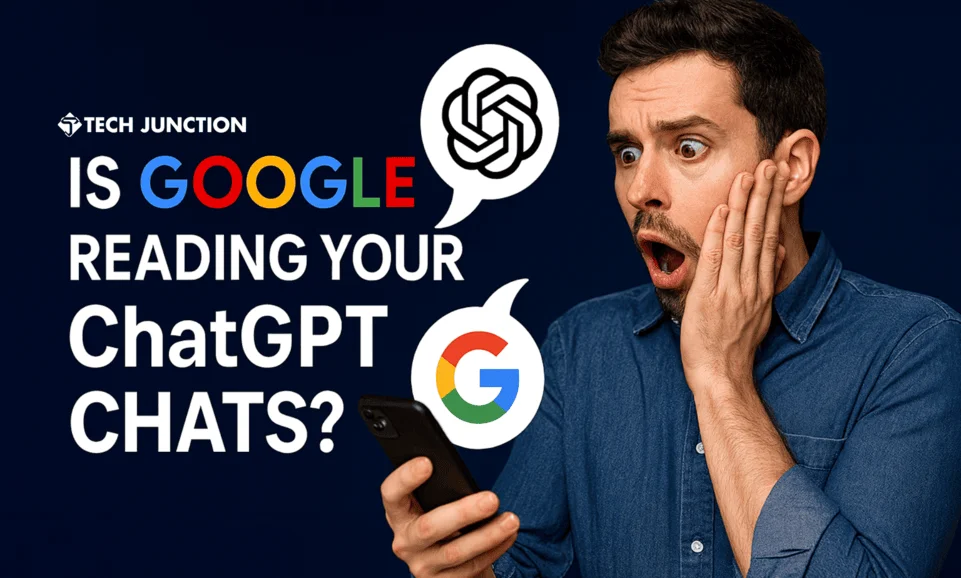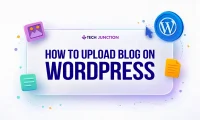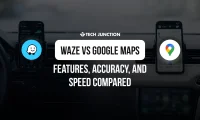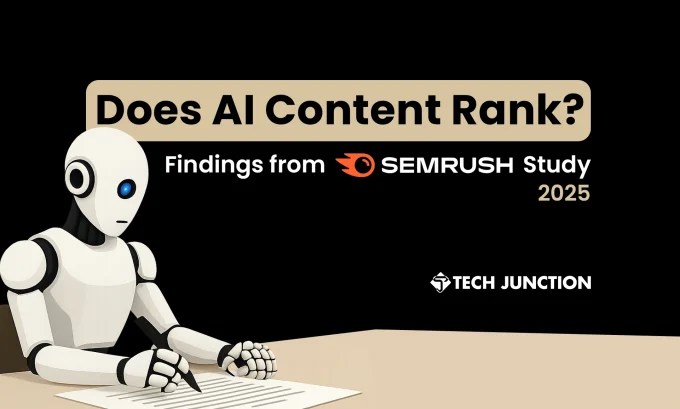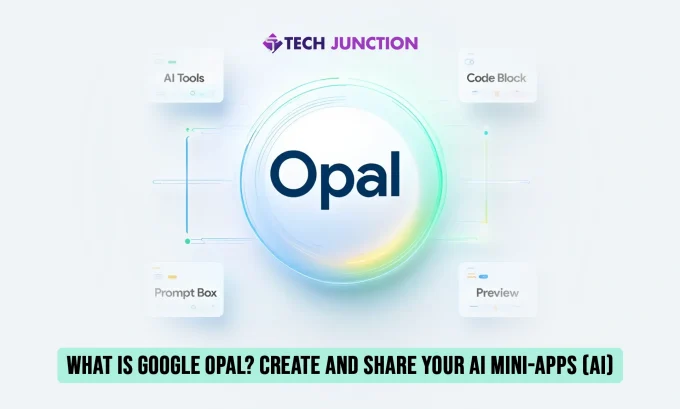Ever since last week’s Google Indexing ChatGPT Privacy Fiasco, I’ve been deep into wondering – is ChatGPT safe? Let’s dissect what happened, why it matters for SEO and your privacy, and what lessons we must learn.
Last week, the digital world held its breath as a privacy storm erupted. Reports flooded in: private ChatGPT conversations were appearing in Google Search results. Suddenly, intimate queries, brainstorming sessions, and potentially sensitive discussions seemed exposed to the entire internet. Panic ensued, questions flew, and both OpenAI and Google found themselves in the hot seat. Here’s everything you need to know about this fiasco!
The Perfect (Privacy) Storm: What Actually Happened?
The Feature (With a Flaw)
OpenAI recently introduced a feature allowing users to share ChatGPT conversations via a unique, public link. Crucially, the default setting for new chats was set to “Public”. Many users, accustomed to the perceived privacy of a chat window, likely didn’t notice or change this setting.
Google's Crawler Does Its Job
Google’s bots constantly scour the web for publicly accessible content to index. This raised new questions like “Is ChatGPT safe?” especially when users shared those public ChatGPT links (or perhaps OpenAI made some shared links discoverable in other ways), Google’s crawlers dutifully found them, read the content, and added them to its vast index.
The Explosion
Savvy SEOs and privacy researchers started finding these shared chats ranking in Google search results. Screenshots of personal medical queries, proprietary business ideas, code snippets, and more flooded social media. The implication was terrifying: Was Google snooping on private conversations? Are ChatGPT chats private? Is ChatGPT safe?
The Rollback
Facing immense backlash, OpenAI acted swiftly. They disabled the indexing feature for shared links and changed the default setting for new chats back to “Private”. Existing public links were made non-indexable. The immediate leak was plugged.
SEO Realities: How Did This Happen Technically?
From an SEO expert’s lens, this wasn’t magic or malice from Google, but a fundamental principle of how the web works:
- Public URL + No Restrictions = Indexable Content: If a webpage (including a shared ChatGPT link) is accessible without login, has no noindex meta tag or X-Robots-Tag header, and isn’t blocked by robots.txt, Google will try to index it. It’s automated.
- The “Public” Setting Was the Key: OpenAI essentially created publicly accessible web pages for each shared chat. Googlebot saw them as any other public page on the internet.
- SEO 101 Failure: Not implementing basic indexing controls (noindex on shared links by default, stricter robots.txt rules for user-generated content paths) was the critical oversight. This is standard practice for any platform hosting user content intended to be “private-by-default, public-by-choice”.
The Burning Question: Is Google "Reading" Your Private Chats?
The short, crucial answer: No, Google is not actively seeking out or reading your private, unshared ChatGPT conversations.
- Private Chats Remain Private: Conversations you never shared, or explicitly set to “Private,” reside within your OpenAI account. Google has no access to these. They aren’t public URLs.
- It Was About Publicly Shared Links: The incident solely involved chats where users chose the “Public” link option (often unknowingly due to the default setting) or potentially links shared via other OpenAI features. Google indexed what was publicly available on the web, as it’s designed to do.
- The Distinction is Vital: Confusing indexing publicly shared content with accessing private messages is a significant misunderstanding of the technology.
The Privacy Wake-Up Call: Lessons for Everyone
This incident, while resolved quickly, is a stark reminder for all of us:
- Defaults Matter Profoundly: OpenAI’s decision to make new chats “Public” by default was a catastrophic privacy misstep. “Private by Default” must be the golden rule for any service handling personal or sensitive data.
- Read the Settings (Especially New Ones!): Never assume privacy. When platforms roll out new sharing or visibility features, scrutinize the settings immediately. Check your existing chats too.
- Understand What “Sharing” Means: Clicking “Share” often means creating a public webpage. Treat shared links with the same caution as posting publicly on social media.
- Platforms Must Be Proactive: Providers like OpenAI bear the responsibility to implement robust technical safeguards by default:
- Strict noindex tags on all shared links unless the user explicitly opts into indexing (rarely needed).
- Clear, unambiguous labeling of privacy settings.
- Regular security and privacy audits focusing on unintended exposure.
- Search Engines are Mirrors, Not Intruders: Google reflects the public web. If sensitive content is publicly accessible, search engines will likely find it. The onus is on the source (user and platform) to keep things private.
Protecting Yourself in the Age of AI Chats
So, here’s what you need to do to protect yourself in the age of AI and AI chats:
- Audit Your ChatGPT Settings NOW: Go to your ChatGPT settings. Under “Data Controls” or “Sharing”, ensure “Chat History & Training” is OFF if you want maximum privacy (though this disables history). Crucially, check the default setting for new chats – it should now be “Private”, but verify.
- Review Past Shared Links: If you ever used the share feature, go to your shared link history and delete any links you no longer need public.
- Be Mindful of Defaults Everywhere: Apply this vigilance to all online services – cloud storage, social media, collaboration tools.
- Assume Shared = Public & Permanent: Only share via link what you’d be comfortable having appear in a Google search result. When in doubt, copy/paste text instead of sharing a link.
So, Is ChatGPT Safe?
So, is ChatGPT safe going forward? The ChatGPT indexing incident wasn’t about Google becoming the Big Brother. It was a potent cocktail of a problematic default setting, unclear user communication, and the fundamental way the public web and search engines operate. It exposed how easily privacy can be inadvertently compromised in complex systems.
For SEO professionals, it underscores the critical importance of technical implementation details like robots.txt, meta robots tags, and authentication for user-generated content. A single misconfiguration can have widespread consequences.
For users, it’s a powerful lesson in digital hygiene and the critical importance of understanding platform settings. Privacy isn’t just given; it must be actively configured and protected.
The internet is a public space by default. Platforms must build walls where privacy is promised, and users must learn where the doors are – and remember to close them. Last week was a close call; let it be the lesson that makes us all more secure.
Is ChatGPT Safe? Answers to the Most Asked Questions
Is ChatGPT safe to use after the Google indexing incident?
Yes, ChatGPT is safe if you immediately check and adjust your privacy settings.
Did Google actually read my private ChatGPT chats?
No, Google only indexed accidentally publicly shared chat links, not private conversations.
What caused private ChatGPT chats to appear in Google search results?
A temporary default setting made new chats public, allowing shared links to be indexed.
How do I ensure my ChatGPT chats stay private now?
Set new chats to “Private” and review/delete old shared links in your settings.
The Tech Junction is the ultimate hub for all things technology. Whether you’re a tech enthusiast or simply curious about the ever-evolving world of technology, this is your go-to portal.

